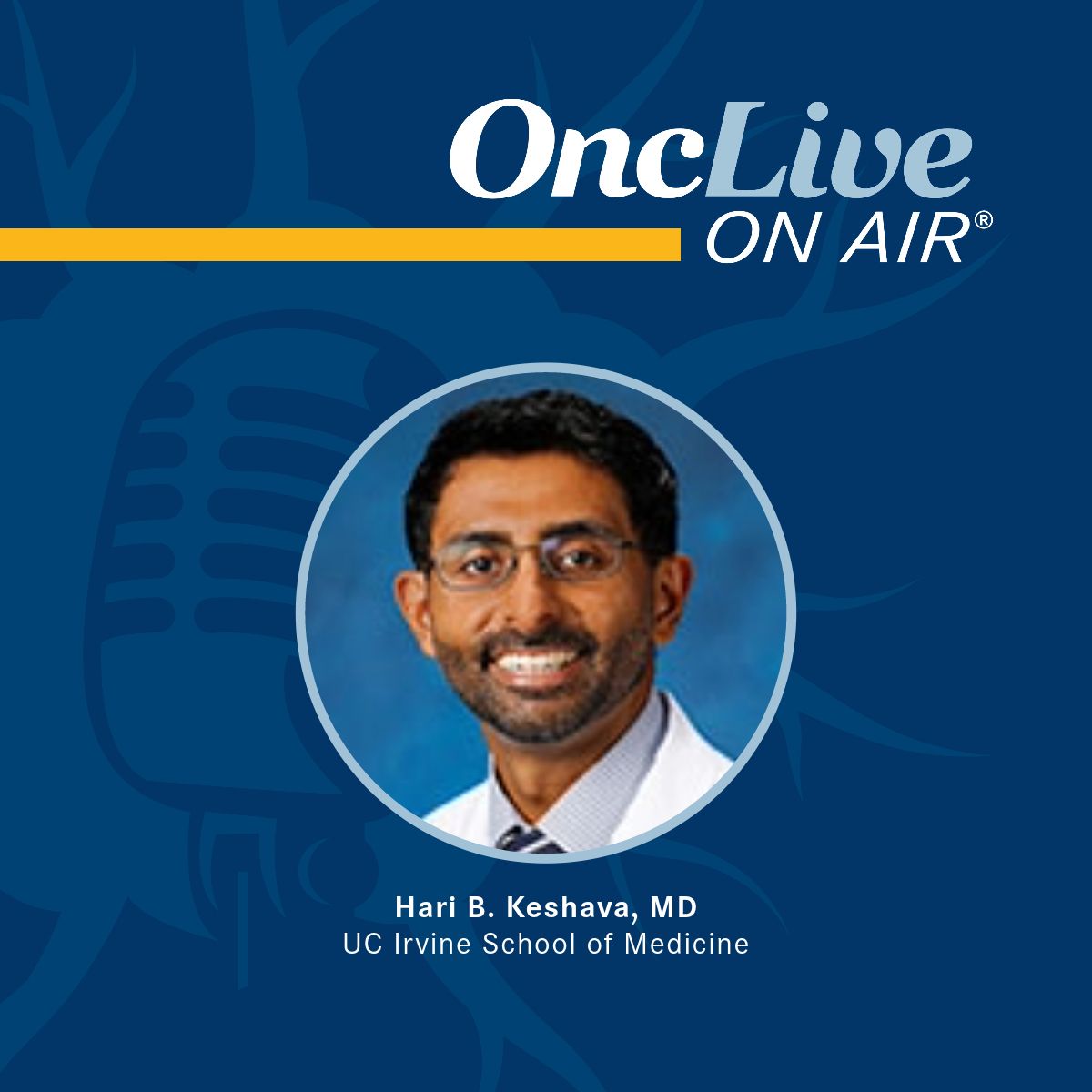Commentary
Video
Dr Machtay on the Prognostic Value of Pre-Treatment Immunologic Biomarker Levels in NSCLC
Author(s):
Mitchell Machtay, MD, discusses the association between the levels of circulating immune biomarkers prior to immunotherapy and survival outcomes in patients with stage III non-small cell lung cancer.
Mitchell Machtay, MD, associate dean, Clinical Cancer Research, professor, endowed Chair in Cancer Clinical Research, Department of Radiation Oncology, professor, Department of Medicine, Penn State College of Medicine, discusses the association between the levels of circulating immune biomarkers prior to immunotherapy and survival outcomes in patients with stage III non-small cell lung cancer (NSCLC).
Previously reported data from the NRG-RTOG 0617 trial (NCT00533949) showed that a high dose (75 Gy) of chemoradiotherapy did not produce superior efficacy vs the standard 60 Gy dose in patients with inoperable stage III NSCLC. Researchers hypothesized that poor outcomes with the 74 Gy dose of paclitaxel and carboplatin could be explained by immune system responses.
Although the study concluded that the 60 Gy dose of radiation plus concurrent chemotherapy should remain the standard of care in stage III disease, this trial was conducted prior to the era of immunotherapy. Accordingly, investigators analyzed plasma samples obtained from patients on this study who received a potentially curative radiation therapy dose exceeding 50 Gy to determine whether pre-treatment levels of certain immunologic biomarkers could have prognostic value for outcomes with immunotherapy.
Results presented at the International Association for the Study of Lung Cancer (IASLC) 2023 World Conference on Lung Cancer demonstrated a significant correlation between interleukin-6 (IL-6) levels and patient outcomes, Machtay reports. Those with elevated IL-6 levels experienced inferior outcomes, suggesting a potential link between high IL-6 levels, immune system dysfunction, and cancer-associated inflammation, he states. Conversely, patients with low IL-6 levels experienced better outcomes regardless of receiving the higher or lower doses of radiation therapy, Machtay details.
These data may pave the way for a future blood test that predicts patient prognosis with immunotherapy, and could lead to the development of novel treatments for individuals with a less favorable prognosis, Machtay emphasizes. The study's significance is heightened by the development of agents targeting IL-6, one of which is already on the marker, he notes. Consequently, further investigation into the potential benefits of blocking IL-6 for patients with lung cancer is warranted, as it may enhance the likelihood of curing the disease, Machtay concludes.









